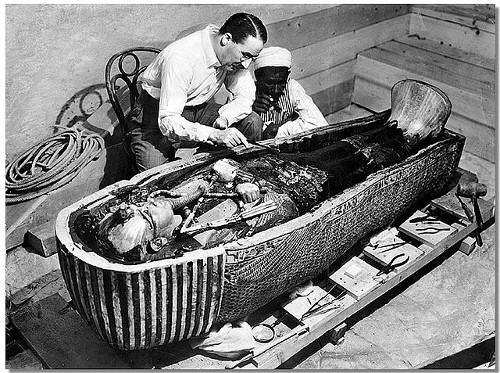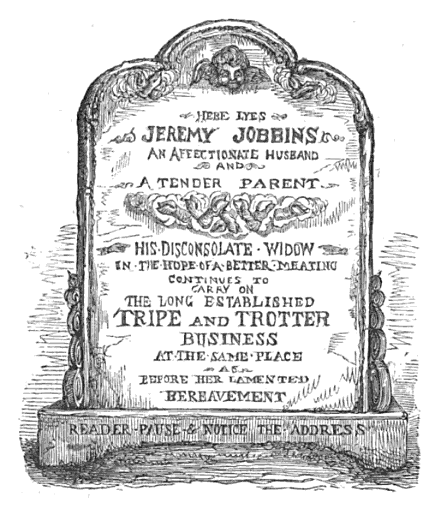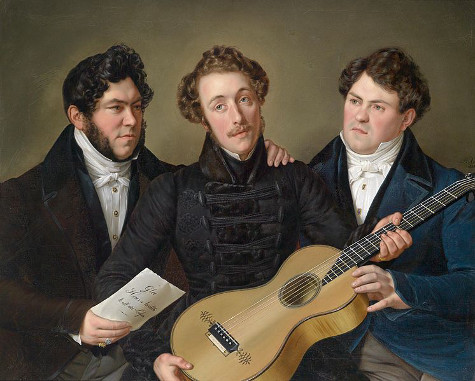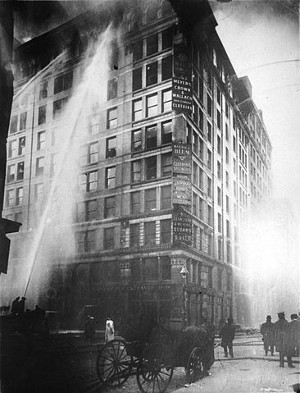
In 1905 Mark Twain wrote a story in which a pastor leads a prayer asking God’s support for recruits about to march away to war. A white-robed stranger enters, takes the pastor’s place, and explains that he has come from heaven. God has heard the prayer, but wants them to understand its full import. Their wish, cast in other words, is this:
Lord our Father, our young patriots, idols of our hearts, go forth into battle — be Thou near them! With them — in spirit — we also go forth from the sweet peace of our beloved firesides to smite the foe. O Lord our God, help us tear their soldiers to bloody shreds with our shells; help us to cover their smiling fields with the pale forms of their patriot dead; help us to drown the thunder of the guns with the shrieks of their wounded, writhing in pain; help us to lay waste their humble homes with a hurricane of fire; help us to wring the hearts of their unoffending widows with unavailing grief; help us to turn them out roofless with their little children to wander unfriended in the wastes of their desolated land in rags and hunger and thirst, sports of the sun flames in summer and the icy winds of winter, broken in spirit, worn with travail, imploring thee for the refuge of the grave and denied it —
For our sakes who adore Thee, Lord, blast their hopes, blight their lives, protract their bitter pilgrimage, make heavy their steps, water their way with their tears, stain the white snow with the blood of their wounded feet!
We ask it, in the spirit of love, of Him Who is the Source of Love, and Who is the ever-faithful refuge and friend of all that are sore beset and seek His aid with humble and contrite hearts. Amen.
Twain’s daughter Jean urged him not to publish the story, fearing that it would be seen as sacrilege.
“Still, you are going to publish it, are you not?” asked a friend.
“No,” Twain said after some reflection. “I have told the whole truth in that, and only dead men can tell the truth in this world. It can be published after I am dead.”




